As promised, I’ve got a special mailbag issue this week. Thanks to everyone who sent in questions. Like last year, I picked a handful that hit some of the themes I plan to continue covering in 2025.
Technology
Don't chance it. Secure your retirement accounts with a VPN and protect your future
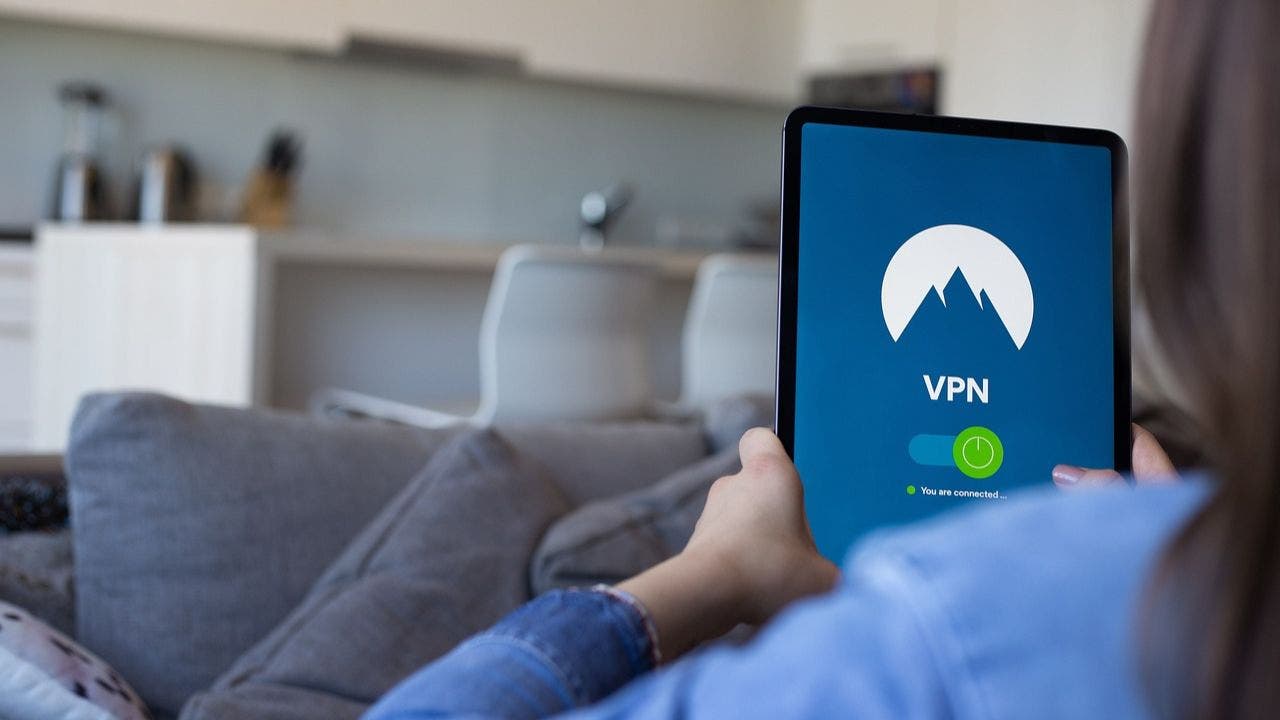
Protecting your financial future goes beyond smart investing and saving. It’s crucial to safeguard your retirement accounts from cyber threats. While many believe that using public Wi-Fi to check their 401(k) or IRA is harmless, the reality is that without proper protection, you could be putting your hard-earned savings at risk. Let’s explore why using a VPN (virtual private network) is essential for securing your retirement accounts and how you can implement this extra layer of security.
1 WEEK LEFT! I’M GIVING AWAY A $500 GIFT CARD FOR THE HOLIDAYS
Enter by signing up for my free newsletter.
A woman using a VPN on her tablet (Kurt “CyberGuy” Knutsson)
How VPNs work
VPNs operate through two primary mechanisms: IP address masking and data encryption. When you connect to a VPN, it hides your real IP address by assigning you a new one from their server network, effectively preventing websites and cyber criminals from tracking your location or identifying you based on your IP address.
Simultaneously, VPNs encrypt all data transmitted between your device and the internet, rendering it unreadable to anyone who might attempt to intercept it. This encryption process ensures that sensitive information, such as credit card details, remains confidential throughout your online activities. By combining these two powerful features, VPNs create a secure tunnel for your internet traffic, significantly enhancing your online privacy and security.
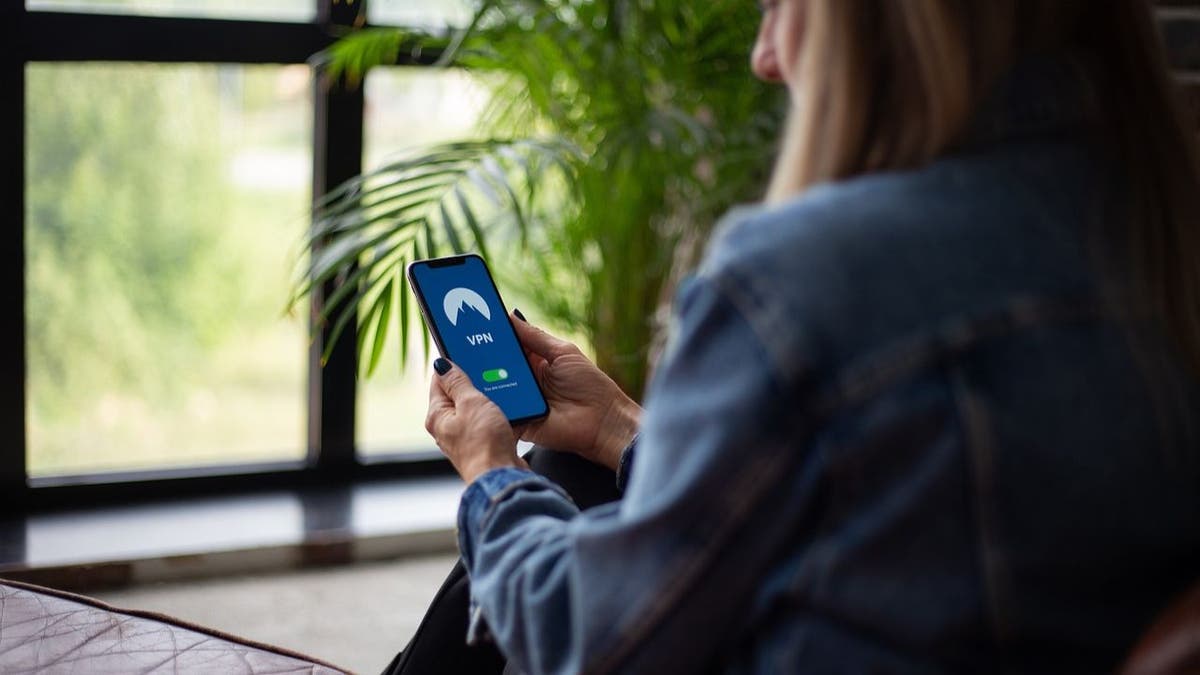
A woman using a VPN on her cellphone (Kurt “CyberGuy” Knutsson)
Understanding the risks
When you access your retirement accounts online, especially through public Wi-Fi networks, you’re potentially exposing sensitive financial information to cybercriminals. These hackers can intercept your data, steal your login credentials and potentially drain your accounts. What’s more concerning is that retirement accounts are often less frequently monitored than regular bank accounts, making them an attractive target for cybercriminals.

A woman using a VPN on her cellphone and a laptop (Kurt “CyberGuy” Knutsson)
BEST ANTIVIRUS FOR PCS, MACS, IPHONES AND ANDROIDS – CYBERGUY PICKS
Why a VPN is crucial for protecting your retirement accounts
By creating an encrypted tunnel for your internet traffic, a VPN makes it extremely difficult for hackers to intercept your sensitive data. Here’s a deeper look at why VPNs are indispensable for safeguarding your retirement accounts:
1) Robust encryption
VPNs employ military-grade encryption protocols, such as AES-256, to scramble your data. This means that even if a cybercriminal manages to intercept your information, it would appear as an indecipherable jumble of characters. For your retirement accounts, this translates to an extra layer of security for your login credentials, account numbers and financial transactions.
2) Enhanced anonymity
By masking your IP address and replacing it with one from their servers, VPNs make it significantly harder for malicious actors to track your online activities. This anonymity is crucial when accessing financial accounts, as it prevents cybercriminals from identifying you as a high-value target based on your browsing habits or the financial institutions you visit online.
3) Secure remote access
The ability to check your accounts while traveling or using public Wi-Fi is convenient but risky. A VPN provides a secure connection, essentially creating a protected tunnel between your device and the financial institution’s servers. This is particularly important for retirement accounts, which may not have the same level of fraud protection as checking or savings accounts. However, check if your retirement fund platform permits VPN usage, as some might flag it as unusual activity.
4) Protection against man-in-the-middle attacks
VPNs are excellent safeguards against man-in-the-middle attacks, where hackers position themselves between you and the website you’re trying to access. By encrypting your data from end to end, VPNs make it nearly impossible for attackers to insert themselves into your connection and steal your information.
5) Bypassing geo-restrictions safely
If you’re traveling abroad and need to access your U.S.-based retirement accounts, some financial institutions may block access from foreign IP addresses. A VPN allows you to connect through a U.S.-based server, ensuring you can manage your accounts securely from anywhere in the world.
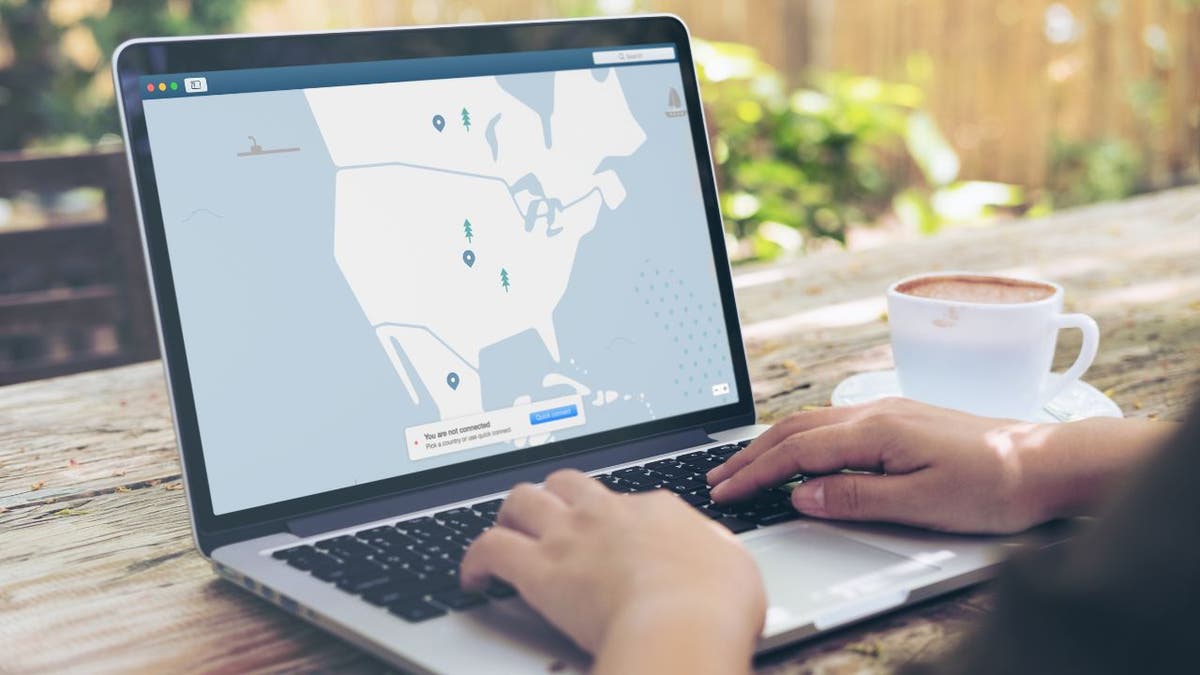
A woman using a VPN on her laptop (Kurt “CyberGuy” Knutsson)
THINK TWICE BEFORE USING A PUBLIC COMPUTER: HERE’S WHY
7 steps to secure your retirement accounts
To ensure the security of your retirement accounts, follow these steps:
1) Choose a reliable VPN: Select a reputable VPN service with strong encryption protocols. For the best VPN software, see my expert review of the best VPNs for browsing the web privately on your Windows, Mac, Android and iOS devices.
2) Always use VPN on public Wi-Fi: Never access financial accounts on public networks without activating your VPN first.
3) Enable two-factor authentication (2FA): Add an extra layer of security to your accounts by enabling 2FA.
4) Use strong, unique passwords: Create complex passwords for each of your accounts and consider using a password manager. Consider using a password manager to generate and store complex passwords.
5) Regularly monitor your accounts: Check your retirement accounts frequently for any suspicious activity. 6) Keep software updated: Ensure your devices and apps are always up to date with the latest security patches.
7) Be wary of phishing attempts: Don’t click on suspicious links or provide personal information in response to unsolicited emails. The best way to safeguard yourself from malicious links that install malware, potentially accessing your private information, is to have strong antivirus software installed on all your devices. This protection can also alert you to phishing emails and ransomware scams, keeping your personal information and digital assets safe. Get my picks for the best 2024 antivirus protection winners for your Windows, Mac, Android and iOS devices.
HOW TO REMOVE YOUR PRIVATE DATA FROM THE INTERNET
Securing your retirement accounts is not just about protecting your current savings; it’s about safeguarding your future. By implementing a VPN and following best security practices, you’re taking proactive steps to ensure that the nest egg you’ve worked so hard to build remains safe and secure. Remember, the small investment in a quality VPN service is negligible compared to the potential losses from a compromised retirement account.
Have you ever experienced a security breach? If so, what happened, and how did you respond to it? Let us know by writing us at Cyberguy.com/Contact.
For more of my tech tips and security alerts, subscribe to my free CyberGuy Report Newsletter by heading to Cyberguy.com/Newsletter.
Ask Kurt a question or let us know what stories you’d like us to cover.
Follow Kurt on his social channels:
Answers to the most asked CyberGuy questions:
New from Kurt: KURT’S HOLIDAY GIFT GUIDES
Deals: Unbeatable Best Black Friday deals | Laptops | Desktops | Printers
Best gifts for Men | Women | Kids | Teens | Pet lovers
Copyright 2024 CyberGuy.com. All rights reserved.
Kurt’s key takeaways

Technology
Tim Cook is donating $1 million to Trump’s inauguration, too
/cdn.vox-cdn.com/uploads/chorus_asset/file/23951501/VRG_Illo_STK170_L_Normand_TimCook_Positive.jpg)
Apple CEO Tim Cook is the next tech exec to donate $1 million to President-elect Donald Trump’s inauguration committee, according to Axios. Cook’s donation follows similar commitments from OpenAI CEO Sam Altman, Amazon founder Jeff Bezos through Amazon, and Meta as Big Tech companies and executives work to curry favor with the incoming administration.
Cook famously built a personal relationship with Trump during his first term that other tech CEOs are looking to replicate. He was one of many to congratulate Trump after his Election Day victory, and Axios reports that Cook has met with Trump at Trump Tower and his Mar-a-Lago resort in Florida.
Unnamed sources tell Axios that “Cook, a proud Alabama native, believes the inauguration is a great American tradition, and is donating to the inauguration in the spirit of unity.” Apple is “not expected” to donate to the inauguration. The company didn’t immediately reply to a request for comment.
Technology
The step I take to clear my inbox every January
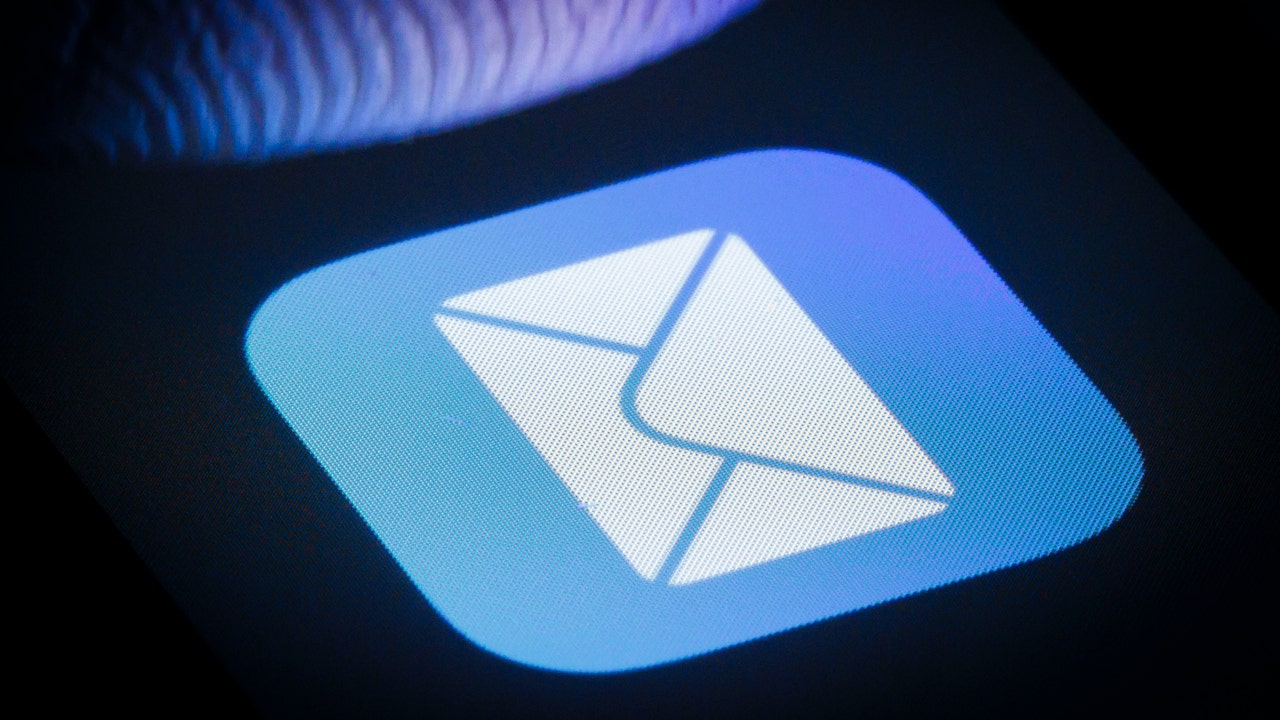
Right now, I’m sitting here beaming because my inbox is empty. Really! Did I read and reply to every single message? Well, no. I’m not an “Inbox Zero” person. Watch this quick video if you have no clue what that means.
Before I took back control, I had 409 unread emails. But I have a trick to starting each year with a clean slate. You can do it, too!
Win a pair of $329 Ray-Ban Meta smart glasses. Enter here, no purchase necessary!
THE BIGGEST WI-FI MISTAKE YOU DIDN’T KNOW YOU WERE MAKING
Clear out your inbox
You could try sorting your emails into a maze of folders, but who has the time for that? Here’s a surprisingly easy fix to start the new year right: Archive your inbox. It’s like a magic wand for your digital clutter!
What’s email archiving, you ask? Picture this: A digital vault where every email you’ve ever sent or received is safely stored, complete with attachments. No more scrolling endlessly through a jam-packed inbox!
So, are you ready to beat the email bloat? Here’s your quickstart guide to mastering your inbox with the power of archiving.
Archiving your inbox is the quickest way to ease your email burden going into the New Year. (Photo Illustration by Thomas Trutschel/Photothek via Getty Images)
Steps to archive emails in Gmail
- Open your Gmail account on a computer and click the Inbox folder on the left.
- Above your emails, there’s an empty checkbox. Click the small arrow next to it, and choose All to get the conversations visible on your screen.
- To select all emails, click Select all [number] conversations in Inbox, then hit the Archive icon. (It looks like a folder with a downward-pointing arrow.)
Gmail will take some time to process your request, so be patient. You may have to do this step a few times to get everything.
Once you’ve archived a message, you can hit All Mail to the left, under “Inbox” and your other email folders, to find it. Search by a term you know was in the email or by the sender.
Filters 101: How to sort your Gmail like a pro
Using Apple Mail? Here’s what to do
- Open the Mail app on your Mac. Look through your inbox or other folders and find those emails you want to stash away. Click on an email to select it, or, if you’ve got a bunch, hold down Cmd and click each one you want to archive.
- Got an Archive button (it looks like a small box) on your toolbar? Click that and you’re golden. No button? Click Message at the top, then choose Archive from the dropdown. For a shortcut, hit Ctrl + Cmd + A to send those emails right into your archive.
- To see your archived emails, head to the Archive folder in the sidebar under “Mailboxes.” Got more than one email account? Each has its own “Archive” folder.
SCAMMERS ARE TARGETING TEENS WITH THESE NASTY TRICKS
How to archive emails in Microsoft Outlook
Outlook doesn’t put archived messages into a separate folder. Instead, they’ll go straight to a data file you can access whenever you want.
- Select File > Cleanup Tools > Archive, then hit Archive this folder and all subfolders. Choose the folder you want to archive (in this case, your inbox).
- Under Archive items older than, enter a date. For example, you may want to archive everything from before 2012. Then, check the box that says Include items with “Do not AutoArchive.” Click OK, and you’re good to go.
You’ll see emails disappear from your inbox and subfolders. Find them again under the “Archives” heading.
RELATED: How to make sure emails you want to see don’t end up lost in spam
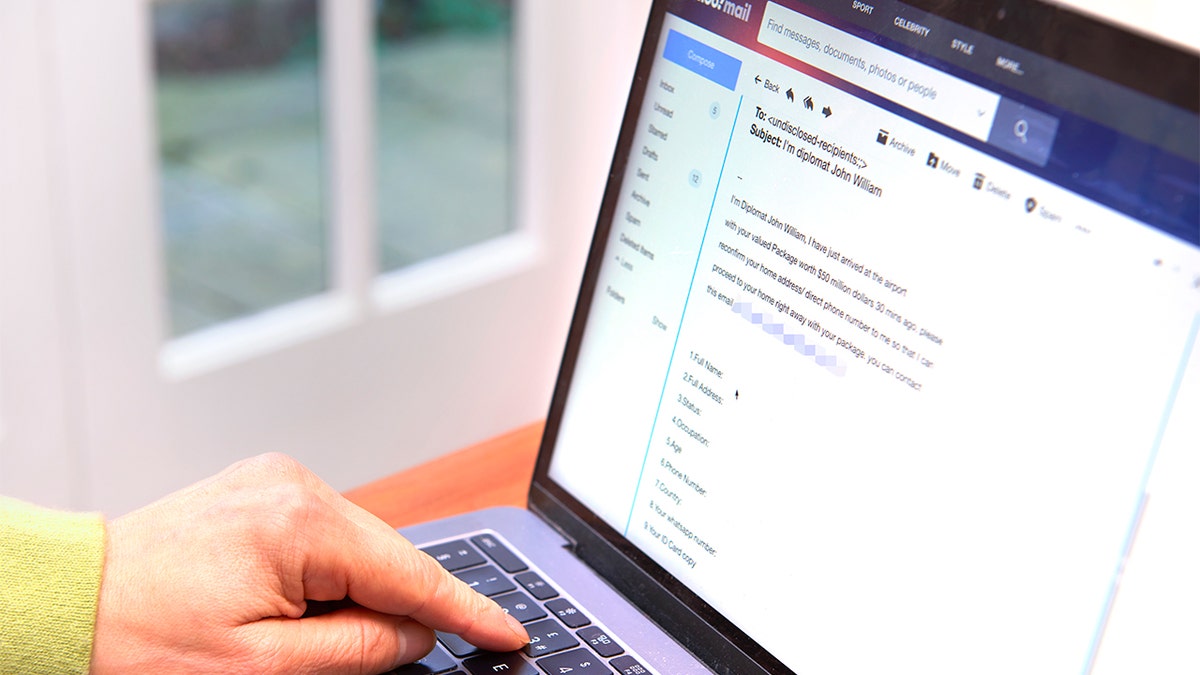
You can archive emails in GMail, Outlook, and even Yahoo. (Photo by Peter Dazeley/Getty Images)
Got a Yahoo email? Here’s what to do
- Hold your mouse over Inbox in the left panel, and click the dropdown arrow that appears. From the options, choose Clean Your Inbox.
- A pop-up window will appear. Choose Archive emails. Be warned, this might take a while.
Want to take a message out of the archive? Open the “Archive” folder, tap on the email you want and select Restore to Inbox.
Smart tech how-to: Save precious voicemails and text messages
Worried you missed something?
Archiving isn’t the same as deleting. It’s like putting stuff in a storage box. Even if you archive emails, they can be subpoenaed for legal cases. I don’t give legal advice, so consult a lawyer if you have any questions.
Get tech-smarter on your schedule
Award-winning host Kim Komando is your secret weapon for navigating tech.
Copyright 2025, WestStar Multimedia Entertainment. All rights reserved.
Technology
Answering your questions about AI, smart glasses, TikTok, and more
/cdn.vox-cdn.com/uploads/chorus_asset/file/24533927/STK149_AI_Writing.jpg)
I’m really concerned / worried / curious about the near-term future. Between now and 10 years from now, I think it is very clear AI will be replacing many job functions. What are we all going to do?
The leaders at the AI labs say that, yes, there will be job loss, but that doesn’t mean catastrophe. The optimistic take is that humans are creative and will invent new jobs, like they always have when technology changes things. At the moment, there’s also a macro belief among the CEOs driving a lot of the spending on infrastructure for AI that its impact will be deflationary and lead to GDP growth.
Job displacement will still be painful, of course. Sam Altman and others believe that some form of universal basic income will be necessary to offset the economic impacts of AGI. Altman has his other startup, Tools for Humanity, already scanning eyeballs and distributing cryptocurrency. But I think it’s way too early to be seriously concerned. As Altman himself recently said, AGI is going to be declared soon and we probably won’t notice.
How much better is the reasoning on AI models, and is it actually something I should care about?
I know people who have tried ChatGPT’s o1 pro mode and notice a difference. But I haven’t seen anything mind-blowing from o1 or what Noam Shazeer at Google just put out, though perhaps I am a bit jaded by the last two years of AI hype. My advice would be to play with what you can access / afford and see for yourself.
The expense of running these cutting-edge “reasoning” models is currently keeping them at bay for a lot of people. I expect access to widen significantly in 2025. Knowing how to prompt these different kinds of models effectively remains a struggle, and I’d like to see more interface improvements in apps like ChatGPT to help teach people why they should use a reasoning model. An even better move would be to abstract away all these definitions and focus on what tools can do for people.
What kind of outlook do you see for Snap in 2025 and beyond?
Snap’s biggest problem going into 2025 is the same problem it had going into 2024: its business isn’t growing fast enough. The app itself is bigger than ever and growing quickly, but yearly revenue growth last quarter was less than Meta’s. That’s not a compelling pitch to Wall Street when you are already viewed as the underdog. Even with ads being placed in the Chat tab and the new Spotlight redesign slowly rolling out, the jury is out on if the business can rebound to the pace it needs to this year.
A depressed stock price makes it harder to recruit and retain talent, which has become more of a problem for Snap in the last couple of years. I do think the vibe could shift quickly if TikTok does end up being banned in the US or severely hamstrung by a new ownership structure.
I continue to be skeptical of Evan Spiegel’s commitment to hardware with Spectacles. As I’ve written before, his foresight and ambition to build AR glasses is admirable. But Snap looks increasingly outgunned in hardware.
What do you expect from Meta’s glasses in 2025?
There have been a couple of reports recently saying that Meta is planning to ship a pair of smart glasses with a heads-up display this year. I first reported this was going to happen in February 2023. Hypernova, as the product is internally referred to at Meta, will have a viewfinder for interacting with things like Meta AI and notifications.
In my write-up of the Orion prototype, I spent a lot of time on the neural wristband because it’s going to ship with Hypernova as a way to control them (while Orion’s commercial successor is still a couple years out at least). I expect this band to be the part of the glasses that surprises people the most. Using it for the first time feels like magic. As I reported in 2023, Meta is also planning a separate smartwatch as an optional upgrade with the neural capability and more features for health tracking, etc. It’s going to be a very interesting year for Meta on the hardware front.
Is TikTok going to actually be banned?
No one I’ve spoken with who is in a position to know thinks that China will let TikTok be fully divested from ByteDance. The algorithm definitely won’t be sold, but as I’ve explained before, that isn’t as important a factor as it was the last time TikTok was facing a ban.
At the same time, there is too much money and power at stake for TikTok to just disappear. President-elect Donald Trump wants to make a deal. The most likely outcome is a different version of the frankensteinian “TikTok Global” joint venture proposal that ByteDance agreed to back in 2020.
I could see Oracle staying involved this second time given Larry Ellison’s ongoing influence at Mar-a-Lago. ByteDance will most likely continue running TikTok day-to-day while divesting some of its ownership stake. The real wild card in all this, however, is Elon Musk, who has had serious TikTok envy since he bought X…
Are you more bullish or bearish on Google than you were a year ago?
Honestly, bullish. It’s going to be difficult to achieve Sundar Pichai’s 2025 mandate of making Gemini a serious rival to ChatGPT on the consumer side, but Google has a fountain of money, the technical talent, and unrivaled distribution.
The company’s challenge is more of a cultural one. The more you have, the more you have to protect. It’s hard to get such a large, sprawling conglomerate to move fast and not care about the risk of backlash. Pichai seems well aware of this and the threats he faces, though.
Even if Google has to end its Search default payments to Apple (which I predict will be the most likely outcome of the DOJ antitrust case), doing so probably hurt Apple’s bottom line more than Google’s, as Eddy Cue himself argued last week.
Then there’s Waymo, which may end up paying for all of Google’s “other bets” failures over the years — and then some.
What is a good book you recommend that falls in line with the things you report on?
A curse of already reading so much for my job is that I rarely want to spend time on a book. The last book I read in full was The Biggest Bluff by Maria Konnikova, which has nothing to do with tech but is super valuable if you are getting into poker. I enjoyed how her story of becoming a pro player is woven into explaining the technicalities of the game.
-

 Business1 week ago
Business1 week agoOn a quest for global domination, Chinese EV makers are upending Thailand's auto industry
-

 Health6 days ago
Health6 days agoNew Year life lessons from country star: 'Never forget where you came from'
-
/cdn.vox-cdn.com/uploads/chorus_asset/file/24982514/Quest_3_dock.jpg)
/cdn.vox-cdn.com/uploads/chorus_asset/file/24982514/Quest_3_dock.jpg) Technology6 days ago
Technology6 days agoMeta’s ‘software update issue’ has been breaking Quest headsets for weeks
-

 World1 week ago
World1 week agoPassenger plane crashes in Kazakhstan: Emergencies ministry
-

 Politics1 week ago
Politics1 week agoIt's official: Biden signs new law, designates bald eagle as 'national bird'
-

 Business3 days ago
Business3 days agoThese are the top 7 issues facing the struggling restaurant industry in 2025
-

 Politics1 week ago
Politics1 week ago'Politics is bad for business.' Why Disney's Bob Iger is trying to avoid hot buttons
-

 Culture3 days ago
Culture3 days agoThe 25 worst losses in college football history, including Baylor’s 2024 entry at Colorado















